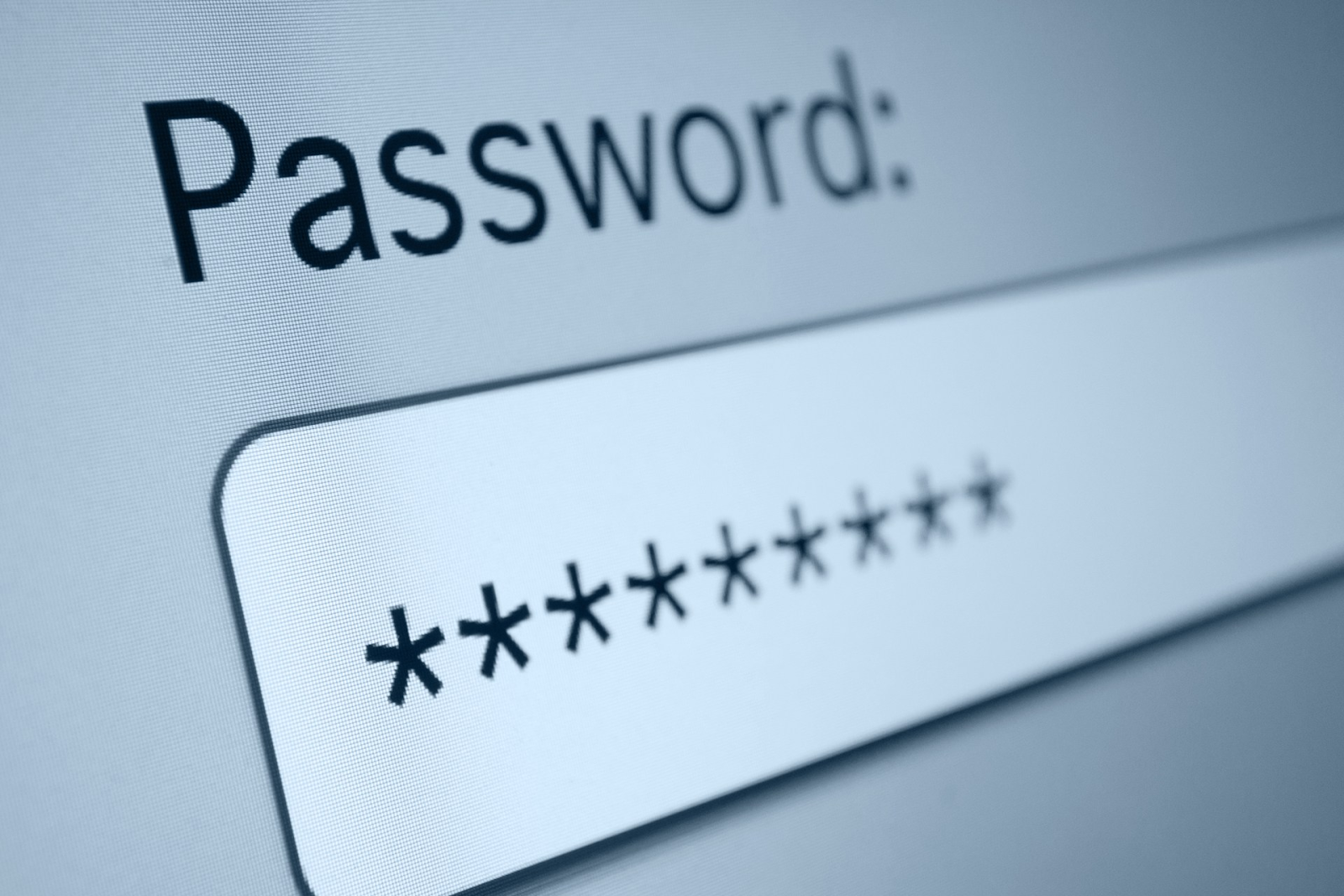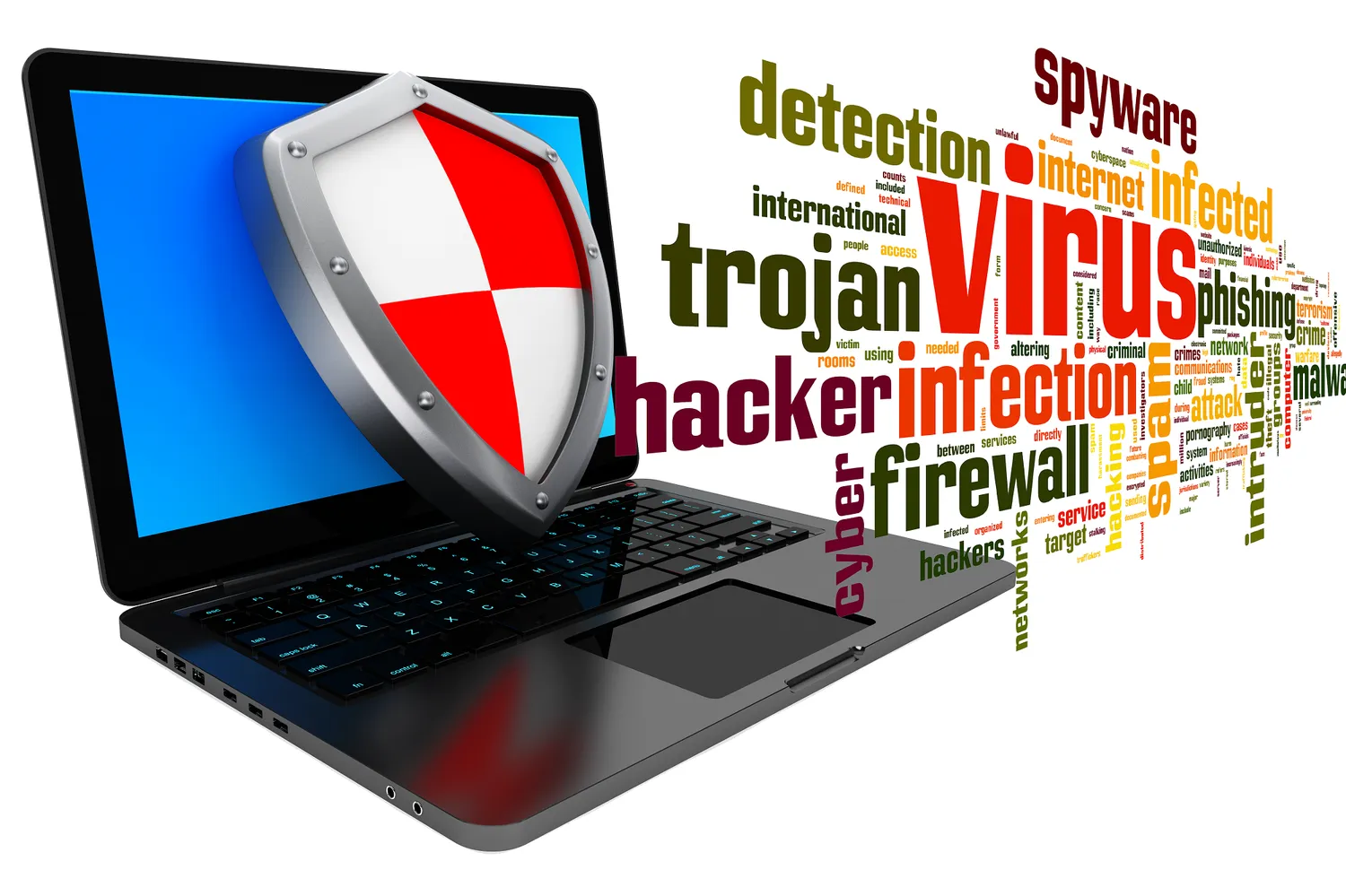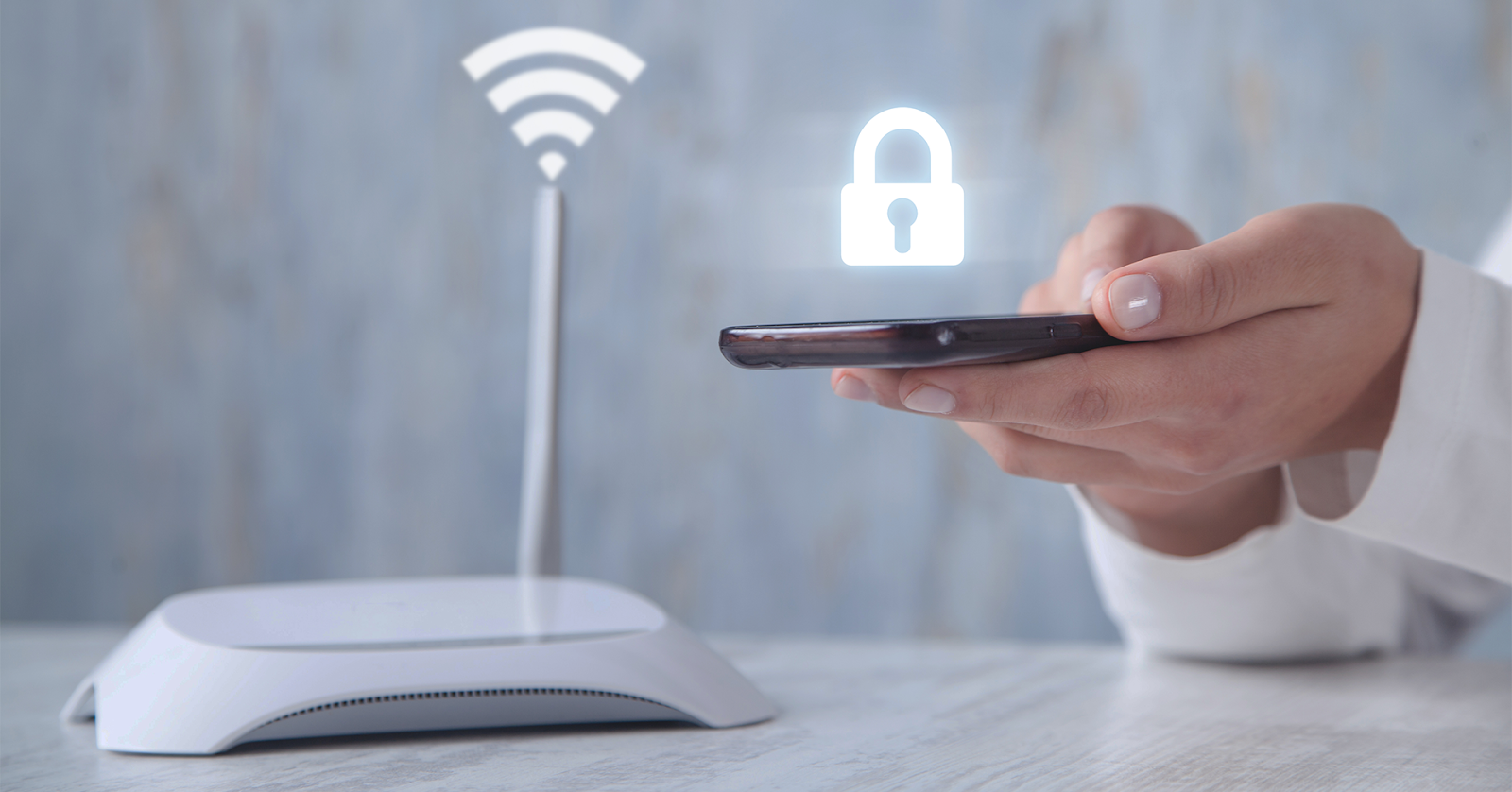In the fast-paced digital world we live in, safeguarding your data is more crucial than ever. Cybersecurity, often seen as a complex topic, is essentially about keeping your digital information safe from prying eyes and potential threats. Let's dive into the fundamentals of cybersecurity in easy-to-understand terms.
1:Understanding Cybersecurity

Cybersecurity is like a digital bodyguard for your information. It involves a set of practices, technologies, and processes designed to protect your data from unauthorised access, attacks, and damage.
Authentication and Access Control:
Making sure only the right people (or programs) have access to certain information or systems.
Firewalls and Network Security:
Imagine a force field around your digital fortress. Firewalls monitor and control incoming and outgoing network traffic, acting as a barrier between your secure internal network and the wild internet.
Malware Protection:
Malicious software (malware) is like the sneaky spy at your party trying to mess things up. Antivirus programs and other security measures help keep these digital troublemakers at bay.
Encryption: Turning your sensitive information into a secret code. Even if someone manages to intercept your data, it's just a jumble of nonsense without the key to unlock it
2:Password Power

One of the simplest yet most effective cybersecurity measures is having strong passwords. Imagine a password as the key to your digital house. Make it unique, mix in some numbers and symbols, and avoid using easily guessable information like birthdays or pet names.
Length Matters:
Go long or go home! The longer your password, the harder it is to crack. Aim for at least 12 characters.
Mix it Up:
Use a combination of uppercase and lowercase letters, numbers, and special characters. This variety adds complexity and makes your password more resistant to attacks.
Avoid Common Words:
Steer clear of easily guessable words, like "password" or "123456." Hackers are savvy and can run through common words quickly.
3:Updates Matter

Just like you update your apps on your phone, your computer and software need regular updates too. These updates often contain important security patches that help to fix vulnerabilities. Keeping everything up to date is like giving your digital defences a boost.
Security Boost:
Developers are like superheroes, constantly battling new digital threats. When you update your software, you're getting the latest security patches and fixes, closing up any vulnerabilities that hackers might exploit.
Bug Squashing:
Updates often come with bug fixes. It's like getting rid of little annoyances or glitches in your digital experience. Smooth sailing, anyone?
Performance Improvement:
Developers are always tweaking and optimizing. Updates can make your software run faster, more efficiently, and maybe even introduce cool new features.
4:Antivirus Protection

Think of antivirus software as your digital immune system. It scans your files and programs for potential threats, just like your body fights off germs. Install reputable antivirus software and keep it updated to ensure a strong defence.
Virus Detection:
The obvious one. Antivirus programs scan your files and incoming data for known patterns of malicious code. It's like having a superhero with X-ray vision checking every nook and cranny for trouble.
Real-Time Protection:
Think of it as a vigilant guard standing at the entrance of your digital fortress, intercepting potential threats before they can wreak havoc.
5:Secure Your Wi-Fi

Your Wi-Fi is like the front door to your digital home. Set a strong password for your Wi-Fi network to prevent unauthorised access. Avoid using default passwords, as they are often easy for hackers to guess.
Strong Encryption:
WEP is so last season. Use WPA3 or, at the very least, WPA2. This is like upgrading your lock from a padlock to a high-tech fingerprint scanner.
Unique SSID:
Your Wi-Fi name is like your digital banner. Make it unique, but avoid personal info. "SmithFamilyNetwork" might be a bit too revealing.
Password Power (Again):
Yes, it's the password sermon again. Set a strong, unique password for your Wi-Fi. This is like having an extra layer of security for your digital castle.
6:Back It Up

Imagine if you had a duplicate key to your house in case you lost the original. Backing up your data is like creating that duplicate key. Regularly back up your important files to an external hard drive or a secure cloud service. That way, even if something goes wrong, you won't lose your precious digital belongings.
Cloud Storage Magic:
Cloud backups are like sending your files to a secret superhero lair. Access them from anywhere and let the cloud do the heavy lifting.
Regular Checkups:
Set up automatic backups. It's like having a superhero assistant that takes care of business without you even having to think about it.
Conclusion
In a nutshell, cybersecurity is all about taking simple yet effective steps to protect your digital life. Strong passwords, regular updates, cautious online behaviour, and a few essential tools like antivirus software can go a long way in safeguarding your data. By incorporating these cybersecurity fundamentals into your digital routine, you'll be better equipped to navigate the online world securely and with peace of mind.
Add comment
Please login to add or edit your comment
Login nowPost comments